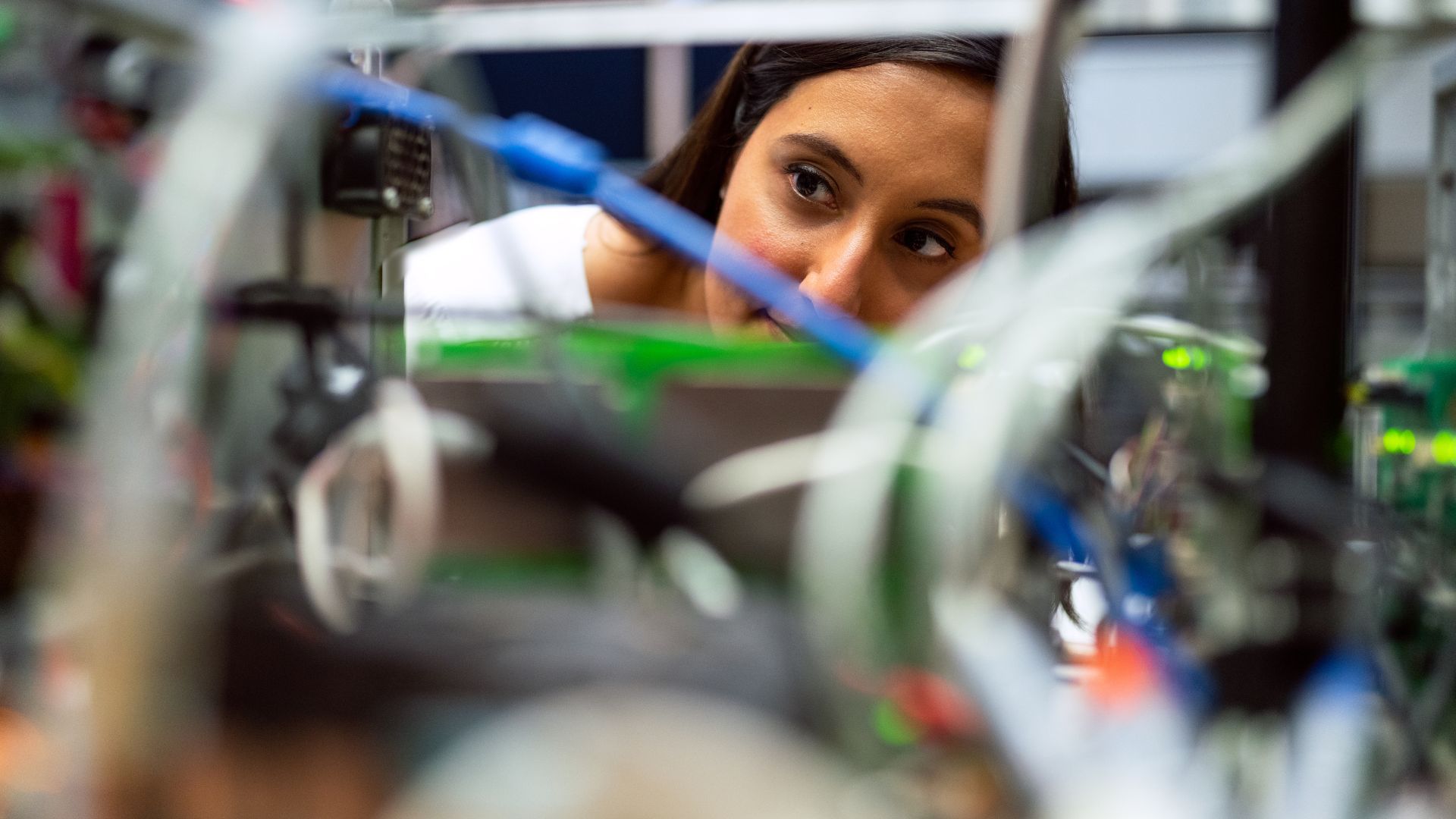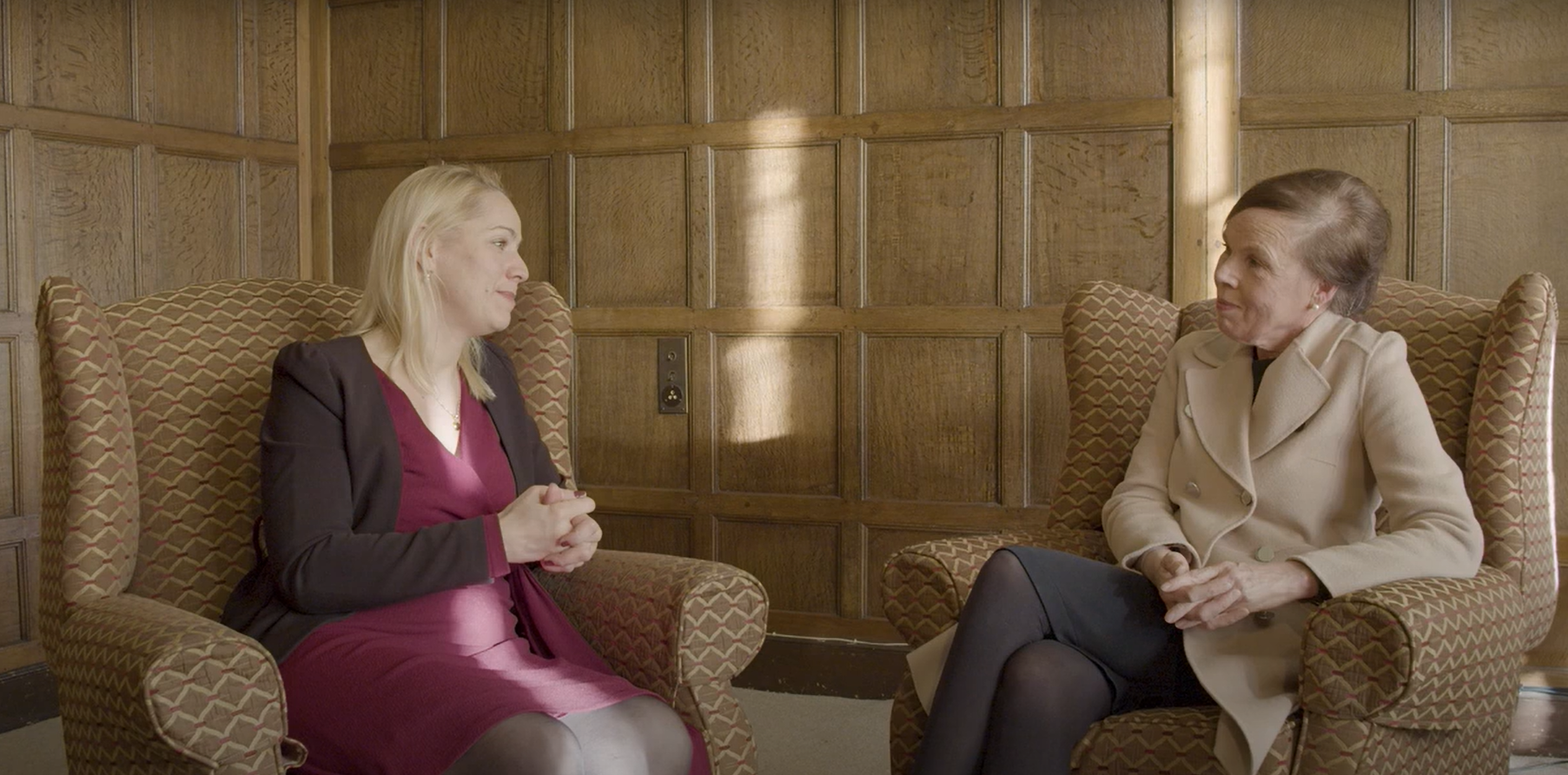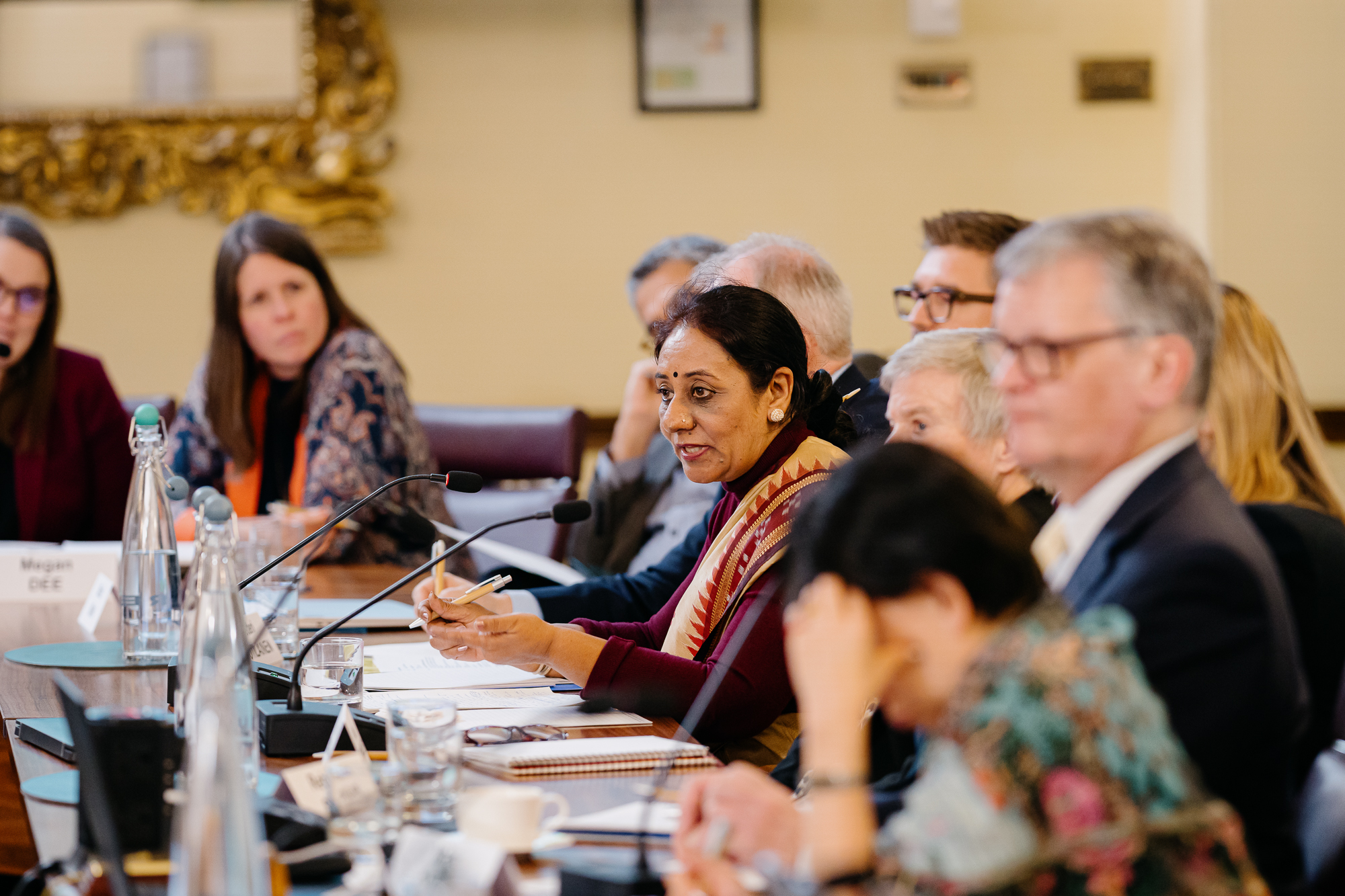By Jessica Wilson, Wilton Park policy officer
Recently, I was struck by how firmly entrenched harmful gender stereotypes are, despite the protected legal equality between genders in the UK. I was babysitting for a little girl called Sophie. Sophie and I were watching an episode of Peppa Pig in which Peppa’s family’s car breaks down- and is fixed by a female mechanic. Sophie laughed and said: “Girls don’t fix cars!”. Naturally, Peppa Pig was paused while we had a long talk!
This year’s theme for International Women’s Day is ‘Embrace Equity’. The International Women’s Day website defines equity as “recognising that each person has different circumstances, and allocates the exact resources and opportunities needed to reach an equal outcome”.
Equity is different from equality, which would mean merely treating everyone the same. Clearly, as Sophie grows up, her legal right to access all careers won’t be enough to give her the same chances as a little boy who has never questioned his right to do any job. Equality won’t be enough for her.
In the UK today, where women formally have equal access to opportunities, we need to think about where a lack of equity may still be holding women back.
When we think about the ideas Sophie has already picked up about women, it’s not surprising that women make up only 26.9% of the core STEM workforce as of June 2022, according to Women Into Science and Engineering. Steps must be taken to ensure that women are not only able to enter male-dominated professions, but that space is specifically made for them that they are encouraged to fill.
Organisations like SheCodes, which offers coding workshops for women, are helping to bridge the digital skills gap between men and women, as is the AWS GetIT scheme, which I worked on in 2021. The scheme is a nationwide app development competition for 12-13 year old school children, that requires each team to have at least 50% girls. We were delighted at how easy it was to get girls to sign up to the competition, once they knew how much their presence would be valued and that they would not be the only girl in their team. To me, this is a fantastic example of equity- an active step towards true inclusion rather than simply the removal of formal barriers.
We also need to value the work that women already do. Though it’s crucial that women can comfortably enter fields often perceived as ‘male’, such as STEM professions, we must value all female labour. Not every woman wants to be in STEM, or other male-dominated fields, and they shouldn’t have to be in order to be well paid, respected, or deemed successful.
We must ask, are male dominated fields prestigious and lucrative because they’re more valuable than female-dominated fields, or are they the gold-standard partly because they’re male dominated? What if women’s labour is undervalued not because of the kind of work they do, but because it is women who are doing it?
Computer programming is a fascinating example of this. Many don’t realise that modern programming used to be seen as ‘women’s work’ when it began in the 1940s. Women operated the first digital computers, wrote the first coding languages, and dominated the field up until the 1960s. When it was done by women, the work was poorly paid and little celebrated. When men began to enter the profession, the status of programming and coding work began to increase, and women were subsequently pushed out.
What female-dominated careers, such as teaching, administrative work and childcare, would be more highly paid and respected today if they were instead run by men? These vocations aren’t less important than others, society just undervalues the people who do it. The simple presence of women in professions isn’t enough if we don’t appropriately value all the work women do, whether it’s coding or caring.
This includes ensuring women get the proper opportunities to use their expertise, whatever it may be. When assigning work, we should be mindful of who we ask to do what. The Harvard Business Review distinguishes between ‘glamour’ work, the challenging, exciting tasks that get you noticed, and ‘office housework’, the everyday jobs that need to get done, but aren’t going to lead to promotion.
We should all be asking ourselves who in our team gets to contribute to meetings, network with stakeholders and colleagues, and come up with new ideas? And who takes the minutes, updates the systems, and makes everything happen behind the scenes? Who’s doing the emotional labour of managing colleague relations and mentoring new colleagues? We must equally apportion these types of work and appreciate them both properly. These are steps that can be taken in any workplace.
At Wilton Park we work for gender balance in the make-up of our events, avoiding all-male panels. In January 2022 we achieved gender parity among the participants of our events and we strive to maintain this.
Gender equality does not only benefit women, it also improves things both for organisations and for the rest of the population. A WHO report from 2018 found that, in more gender-balanced countries, men report higher life satisfaction, are less likely to commit suicide and die from a violent death, and even sleep better.
We know that just like for Sophie, women and girls need to see equity in action if they are to reach their potential. Where Peppa Pig’s female mechanic leads, the rest of us should follow.






